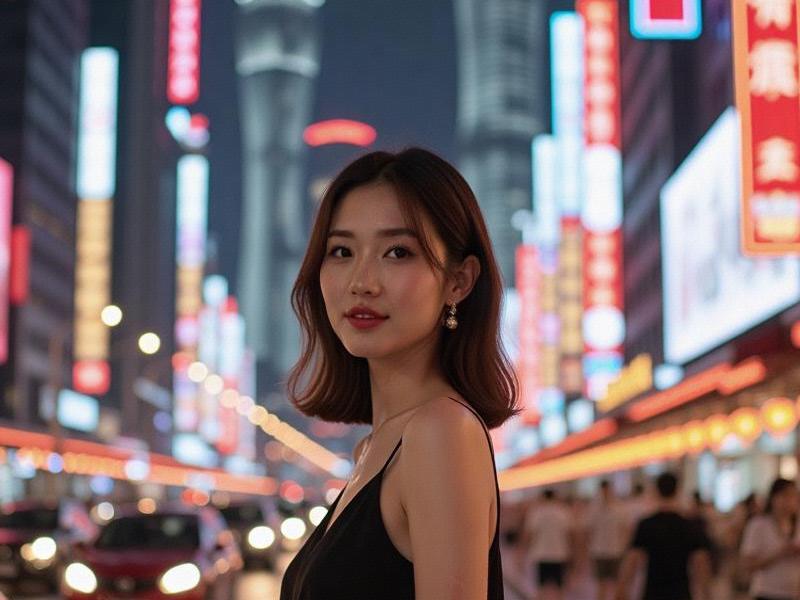
In the neon glow of Shanghai's Huangpu district, a new generation of entertainment clubs is redefining urban nightlife. These establishments - ranging from luxurious KTV parlors to hybrid lounge-clubs - serve as social thermometers measuring the city's economic pulse and cultural shifts.
The Golden Era of Business Entertainment
Shanghai's club culture traces its roots to the 1990s economic boom, when lavish venues like Manhattan and Judy's Too became synonymous with deal-making. "A $100,000 contract could be signed over Remy Martin Louis XIII in a private KTV room," recalls veteran entrepreneur Michael Zhou. These clubs operated on membership models, with annual fees reaching ¥200,000 for access to marble-clad VIP rooms and imported premium beverages.
Government crackdowns on corporate extravagance in 2013 forced a dramatic transformation. Overnight, 60% of high-end clubs closed or rebranded. The survivors adapted by shifting focus from business entertainment to personal leisure.
The New Leisure Economy
Today's successful Shanghai clubs combine multiple entertainment formats:
爱上海论坛 • "Muse 2" in Jing'an District merges EDM nightclub with live jazz performances
• "K. Song" revolutionized KTV with AI-powered vocal tuning and holographic stages
• "Cloud 9" offers "floating" VIP rooms with panoramic city views
These venues capitalize on Shanghai's growing young professional class. Average spending per group now reaches ¥3,800, with 70% being personal rather than business expenses, according to Nightlife Association data.
Technological Integration
Modern clubs employ cutting-edge tech:
爱上海最新论坛 - Facial recognition for member check-ins
- Smart tables with built-in ordering systems
- AR menus projecting cocktail ingredients
- Sound systems that adjust bass levels based on real-time crowd density
Cultural Hybridization
The most successful venues blend Eastern and Western elements. At "Dragon Phoenix," patrons might enjoy craft cocktails infused with baijiu while watching Peking opera performers reinterpret pop hits. This fusion reflects Shanghai's identity as China's most cosmopolitan city.
上海龙凤419杨浦 Regulatory Challenges
Strict noise ordinances and operating hour restrictions (most clubs must close by 2am) crteeaoperational hurdles. Recent alcohol tax increases have pushed bottle service prices up 15%. Yet the industry continues growing, projected to reach ¥28 billion in revenue by 2026.
The Future of Clubbing
Next-generation concepts are emerging:
• Sober clubs offering premium non-alcoholic experiences
• Members-only rooftop venues with coworking spaces
• AI hostesses providing customized entertainment
As Shanghai positions itself as a global leisure destination, its entertainment clubs serve as both playgrounds and cultural laboratories - spaces where tradition and innovation mix as freely as the cocktails they serve.
